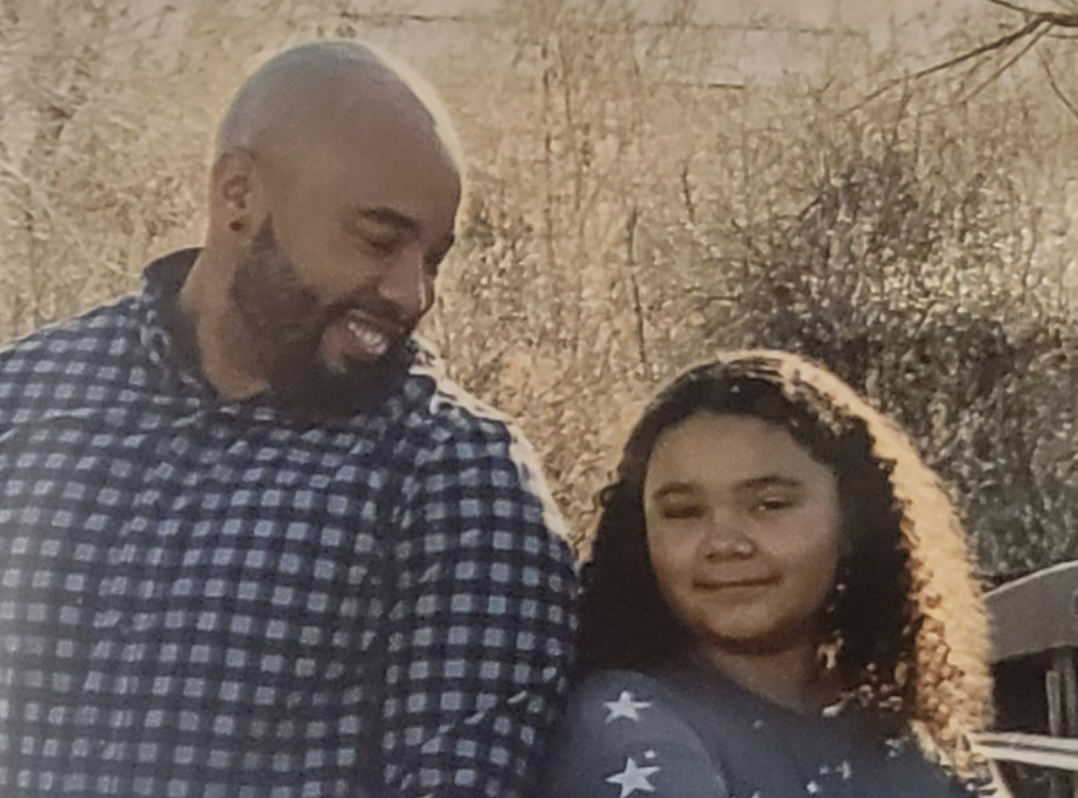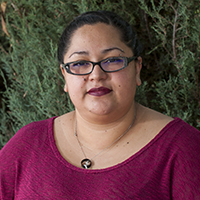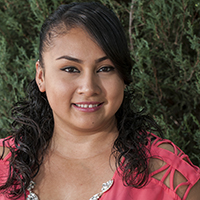Denver Center for International Studies leadership and operations staff (administrators, site assessment leader, office support, registrar, facilities team and school technology partner) continue to be here to support our students during this unusual time. We encourage students and families to reach out to us as needed. We are committed to responding within 24 hours of receiving your email.
Denver Center for International Studies Support Staff (School Counselors, Restorative Coordinators, Psychologists, Social Worker, Family Liaison, and School Nurse) want to remind you all that we are here for any social/emotional support, just like a normal school day. If you are feeling anxious or need to talk about anything please feel free to reach out to any of us below so we can connect.
For imminent student safety concerns, please utilize the resources below rather than emailing:
| Contact | Role | Possible Question Topics |
|---|---|---|
| Ms. Marisa Vasquez marisa_vasquez@dpsk12.org 303-522-2460 | Principal | School policies and communication School safety information Mission and vision of school Student and staff needs Building use and operations School performance Community partnerships (PTSA, CSC) Prospective students DCIS Foundation |
| Ms. Courtney Wickham courtney_wickham@dpsk12.org | Assistant Principal – Student Services & Middle School Lead  | Master schedule Admin lead for SRR/TA Student services topics SPED/504 coordinator ALP Counseling Team and Schedules Staff schedule Special Service Providers Middle School-specific instruction English Language Acquisition Middle School lead Advisement |
| Kyle Murray Kyle_Murray@dpsk12.net | Assistant Principal – Instructional Systems and High School Lead  | Instructional systems Advanced Placement Coordinator Data systems Schoology and virtual learning High School Lead Seal of Biliteracy Essentials Support Assessment support Professional Development Data-driven Instruction Teams |
| Mr. William Tallmadge (Troy) william_tallmadge@dpsk12.org | Culture Team Lead – Restorative Practices Coordinator | Discipline response and support Attendance and engagement coordination Restorative Practices Leadership Positive student and community culture support Multi-Tiered Systems of Support (MTSS) team lead |
| Ms. Angelique Ocon angelique_ocon@dpsk12.org | Restorative Practice Coordinator | Community building and socioemotional support Positive classroom environment Spanish-language support Student voice and connection with Restorative Practices Support for families through home visits MTSS Team DCIS Alum |
| Mr. Miguel Urdiales miguel_urdiales@dpsk12.org | Family Community Liaison | Family partnership connection to resources Participate in Collaborative School Committee Outreach and grant writing Fundraising Support for families through home visits MTSS Team |
| Mr. Michael Hansen Michael_Hansen@dpsk12.net | Site Assessment Leader – SmartLab Coordinator – Library Tech | Assessment coordination (P/SAT, CMAS, ACCESS) Attendance and student engagement support Smart Lab Training Library support services MTSS Team |
| Ms. Annette Lindsay annette_lindsay@dpsk12.org | School Psychologist | 504 coordinator Socioemotional support Crisis management Special Education minutes Socioemotional Learning staff PD MTSS Team |
| Mr. Ethan Langsdorf Ethan_Langsdorf@dpsk12.net | School Social Worker | |
| Ms. Tami Handley tamara_schmidt@dpsk12.org | School Counselor for Students 11th-12th Grade  | First contact point for socioemotional needs of students in caseload First contact for scheduling needs of students in caseload First contact for post-secondary planning needs for students in caseload MTSS Team Member Socioemotional Learning Professional Development Leader |
| Ms. Julie DeGuire julie_deguire@dpsk12.org | School Counselor for Students 6th-8th Grade  | First contact point for socioemotional needs of students in caseload First contact for scheduling needs of students in caseload First contact for post-secondary planning needs for students in caseload MTSS Team Member Socioemotional Learning Professional Development Leader |
| Ms. Maureen Padilla maureen_padilla@dpsk12.org | School Counselor for Students 9th-10th Grade  | Spanish-language support First contact point for socioemotional needs of students in caseload First contact for scheduling needs of students in caseload First contact for post-secondary planning needs for students in caseload MTSS Team Member Socioemotional Learning Professional Development Leader DCIS Alum |
| Dayana Quintana dayana_quintana@dpsk12.org | Office Support Lead | Spanish-speaking translation support Communication through Flyer App and IC Transcripts Payroll Purchasing Registration |
| Abigail Rodriguez abigail_rodriguez@dpsk12.org | Office Support | Spanish-speaking Attendance Communication through Flyer App Transcripts Registration |
| Carter Quinn carter_quinn@dpsk12.org | School Nurse | Remote support Phone office hours with families and students Consult for health needs |
| Lori Donovan lori_donovan@dpsk12.org | Speech Therapist | Speech services MTSS Team SPED minutes coordination |
| Zach Blechman zachariah_blechman@dpsk12.org | School Technology Partner | Student technology needs Staff technology needs Hardware support in-building District technology coordination |
| Britany Ortega brittany_ortega@dpsk12.org | Facility Supervisor | Building maintenance Building use Building access Facilities team manager Sanitation and health protocols for building |
| Ms. Dee Horsburgh diane_horsburgh@dpsk12.org | Gifted and Talented Itinerant | Gifted and Talented Services ALP (advanced learning plans) Differentiated learning supports |
Set up a structure for how and when school work should be done. (It is ideal for this to
be a place that is non-cluttered with few distractions.)
El personal de apoyo de DCIS (consejeros, coordinadores restauradores, psicólogos y trabajadores sociales y pasantes) sigue estando aquí para apoyar a nuestros estudiantes durante este tiempo inusual.
Queremos recordarles a todos que estamos aquí para cualquier apoyo social / emocional, como un día escolar normal. Si se siente ansioso o necesita hablar sobre algo, no dude en comunicarse con cualquiera de nosotros a continuación para que podamos conectarnos:
Los correos electrónicos de los maestros están en el sitio web de DCIS: https://dcis.dpsk12.org/
Para obtener la información más reciente para estudiantes, personal y familias, consulte a continuación:
Recursos del Virus Corona https://www.dpsk12.org/coronavirus/
Respuesta del Virus Corona https://www.dpsk12.org/coronavirus/faq-covid-19/
Recursos familiares https://www.dpsk12.org/coronavirus/#familyresources